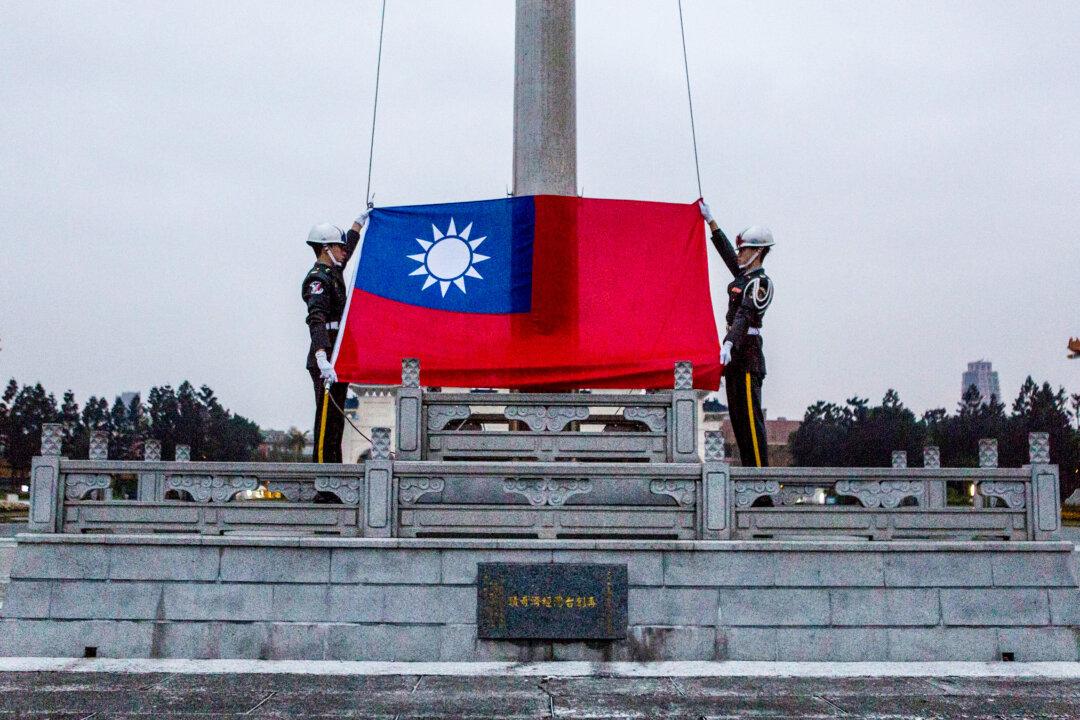Lithuanian parliamentarians, along with lawmakers from Latvia and Estonia, landed in Taipei on Nov. 28 to attend a Taiwan-led democracy forum in early December.
The visit is occurring as Beijing downgraded its diplomatic ties with Lithuania to the level of charge d’affaires and put economic pressure on the Baltic state over its decision to allow Taiwan to open a de facto embassy in its capital city of Vilnius.




